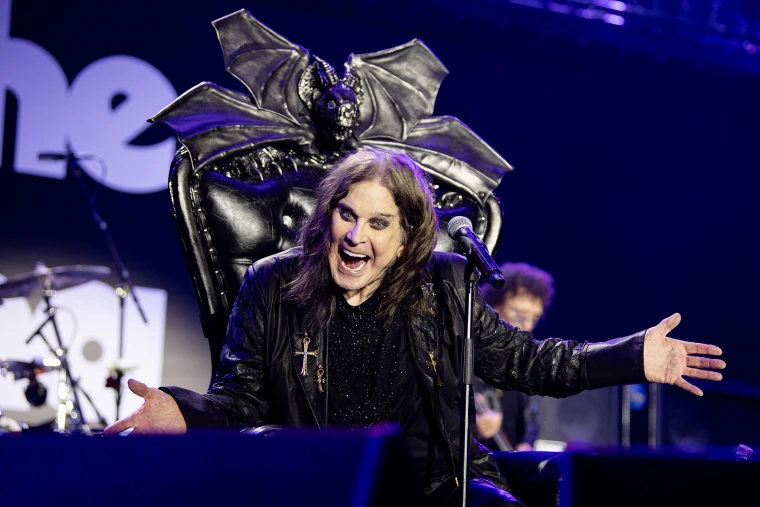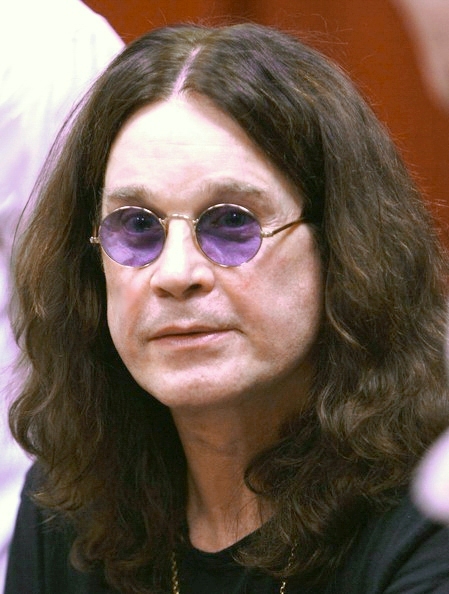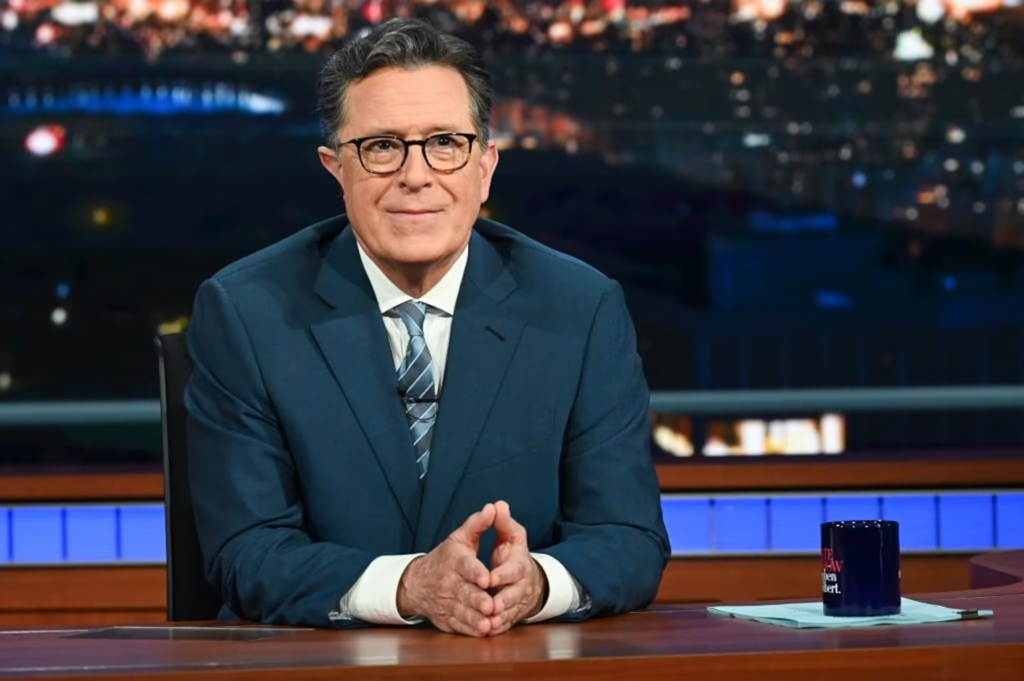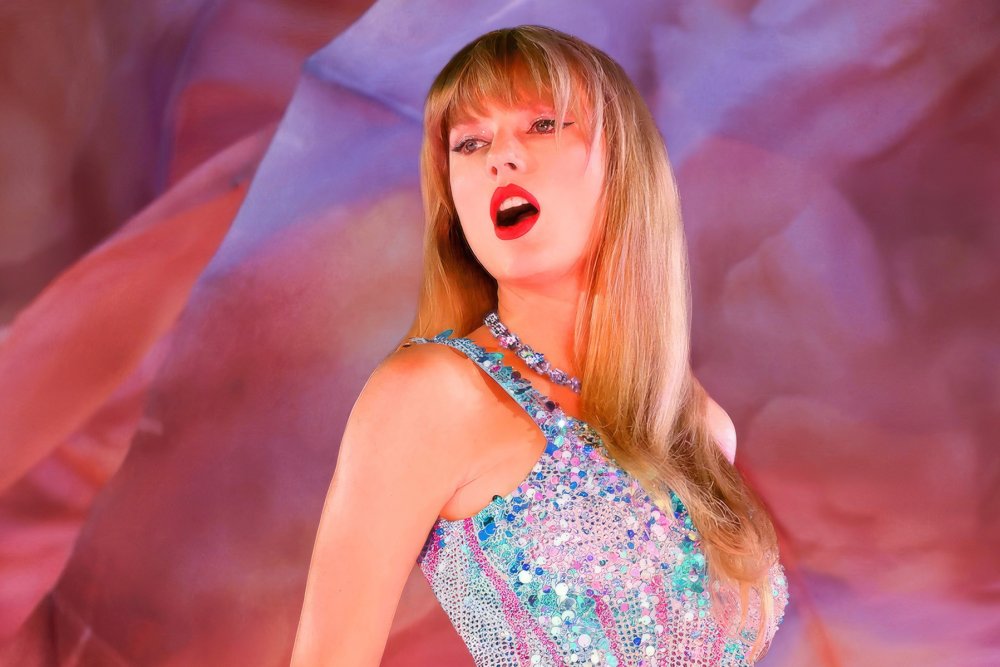The Prince of Darkness Has Left the Stage: Remembering Ozzy Osbourne (1948-2025)
The world feels a little quieter today. Ozzy Osbourne, the man who taught us that darkness could be beautiful and chaos could be art, passed away peacefully at 76, surrounded by the people who loved him most. For those of us who grew up with his voice as the soundtrack to our rebellion, our heartbreak, and our triumph, this feels like losing a piece of our own identity.
It’s impossible to overstate what Ozzy meant to music, to culture, and to the countless souls who found solace in his particular brand of beautiful madness. He wasn’t just the frontman of Black Sabbath or a solo artist who happened to bite the head off a bat that one time. He was a force of nature, a walking contradiction who somehow made perfect sense, and the living embodiment of everything rock and roll was supposed to be but rarely achieved.
Today, as tributes pour in from every corner of the music world and fans gather to share memories and crank up “Crazy Train” just one more time, we’re not just mourning the loss of a musician. We’re saying goodbye to one of the last true originals, a man who spent nearly six decades proving that authenticity, no matter how strange or uncomfortable, will always triumph over manufactured perfection.

The Final Bow That Broke Our Hearts
Just weeks ago, none of us knew we were witnessing history. Ozzy’s farewell concert at Birmingham’s Villa Park, aptly titled “Back to the Beginning,” now feels like the universe giving us one last gift. Unable to stand due to his ongoing battle with Parkinson’s disease and the lingering effects of spinal injuries from his 2019 fall, Ozzy performed from a throne. And somehow, that image captures everything we need to know about the man: even when his body failed him, even when the disease tried to steal his voice, he was still every inch the Prince of Darkness.
The concert itself was a testament to Ozzy’s place in the rock hierarchy. Metallica, Guns N’ Roses, Pantera, Slayer, and more showed up to pay homage to the man who paved the way for all of them. This wasn’t just a goodbye tour stop; it was a coronation and a wake all rolled into one massive, charity-raising, emotion-heavy evening that somehow managed to capture both the joy and sorrow of watching a legend take his final bow.
The fact that this concert raised £140 million for charity tells you everything about who Ozzy really was beneath all the stage theatrics and media controversy. Here was a man who, even in his final performance, was thinking about others. The concert film, set for release in early 2026, will likely be one of the most important rock documentaries ever made, not just because it captures Ozzy’s final performance, but because it represents the end of an era that we’ll probably never see again.
What makes this farewell even more poignant is how it brought the original Black Sabbath members together one last time. The band that changed everything, the four working-class kids from Birmingham who accidentally invented heavy metal, got to share the stage again. For fans who’ve followed their tumultuous relationships, their breakups and makeups, their individual successes and collective magic, seeing them together for Ozzy’s farewell felt like closure for one of rock’s most important chapters.
The Man Who Invented Heavy Metal and Accidentally Became a Cultural Icon
To understand Ozzy’s impact, you have to go back to Birmingham in 1968, when four young men who had no business changing the world decided to do exactly that. Black Sabbath didn’t just create a new sound; they created a new way of thinking about music, about darkness, about the things that lurk in the corners of human experience that polite society prefers to ignore.
Before Sabbath, rock music was largely about love, rebellion in safe doses, and good times. Ozzy and his bandmates looked around at their industrial, working-class world and decided to make music that sounded like how that world felt: heavy, dark, ominous, and absolutely beautiful in its honesty. Songs like “Paranoid,” “Iron Man,” and “War Pigs” didn’t just rock; they confronted listeners with uncomfortable truths about war, mental health, and social isolation that other bands wouldn’t touch.
But here’s what made Ozzy special: he could deliver these heavy messages with a vulnerability that was impossible to fake. His voice, that distinctive wail that could shift from demonic growl to heartbroken plea within a single phrase, became the perfect vehicle for expressing the kind of pain and confusion that couldn’t be articulated any other way. When Ozzy sang about paranoia, you believed he knew what it felt like. When he sang about war, you could hear the working-class anger at systems that sacrificed young men for old men’s politics.
His solo career only amplified these qualities. Songs like “Crazy Train” and “Flying High Again” proved that Ozzy could be accessible without losing his edge, that he could write anthems without sacrificing authenticity. The fact that “Crazy Train” became one of the most recognizable songs in rock history while maintaining its essential weirdness is a testament to Ozzy’s unique gift for making the strange feel universal.
Then came “The Osbournes,” the MTV reality show that introduced Ozzy to a whole new generation and showed the world that the Prince of Darkness was also, somehow, America’s most loveable dad. The show was revolutionary in ways that are still being felt today, proving that authenticity could be more entertaining than any scripted content, and that letting people see the real you, mess and all, was the ultimate rock and roll move.
The show also revealed something that longtime fans already knew: beneath all the stage theatrics and public persona, Ozzy was fundamentally a family man who happened to be really good at controlled chaos. Watching him navigate suburban life while still being, unmistakably, Ozzy Osbourne was both hilarious and oddly touching. It humanized him without diminishing his legend, which is a nearly impossible balancing act that he somehow made look effortless.
A Legacy That Goes Beyond Music
What separates Ozzy from other rock legends is how completely he embodied the spirit of his music in every aspect of his public life. He wasn’t performing rebellion; he was living it. He wasn’t singing about chaos; he was creating it, surviving it, and somehow thriving within it. This authenticity, this refusal to separate the artist from the art, made him more than just a musician. He became a symbol, a proof of concept that you could be exactly who you were, no matter how strange or uncomfortable, and still find your people.
His influence on heavy metal is impossible to quantify because heavy metal as we know it simply wouldn’t exist without him. Every growl, every theatrical stage show, every band that’s ever used darkness as a creative tool owes something to what Ozzy and Black Sabbath created in those early days. But his influence goes beyond genre. He showed multiple generations of artists that authenticity was not just acceptable but essential, that connecting with your audience meant showing them your real self, not a sanitized version designed for mass consumption.
The outpouring of tributes from across the music world today tells the story of that influence. Elton John calling him a “true legend.” Yungblud pledging to carry his memory forward. Rod Stewart, Ronnie Wood, Gene Simmons, and countless others sharing memories and expressing gratitude for what Ozzy brought to their lives and careers. These aren’t just polite industry condolences; they’re genuine expressions of love for someone who touched their lives both personally and professionally.
But perhaps more importantly, look at the fan reaction. Social media is flooded with stories from people whose lives were changed by Ozzy’s music, who found community in the darkness he celebrated, who learned that it was okay to be different because Ozzy was different and he was thriving. These aren’t just music fans mourning a favorite artist; these are people saying goodbye to someone who helped them understand themselves.
His 75 million records sold, his multiple Grammy wins, his double induction into the Rock & Roll Hall of Fame, these are just numbers. The real measure of Ozzy’s impact is in the countless people who learned to embrace their own darkness, their own strangeness, their own authentic selves because he showed them it was possible.
The battle with Parkinson’s disease that defined his final years also became another example of Ozzy’s refusal to let circumstances define him. His public revelation of his diagnosis in 2020 was typically honest, typically brave, and typically Ozzy. He could have retreated from public life, could have hidden his struggle, could have tried to preserve some idealized image of himself. Instead, he let us see him as he was: still fighting, still performing, still fundamentally himself even as his body betrayed him.
That final performance from his throne at Villa Park becomes even more powerful when you understand what it cost him to be there, what he had to overcome just to sit on that stage and deliver those songs one more time. It was a master class in persistence, in the power of art to transcend physical limitations, and in the deep love between a performer and his audience.
As we look ahead to the concert film that will immortalize that final performance, as we prepare for the private funeral that will give his family space to grieve, as we figure out how to live in a world without new Ozzy Osbourne music, we’re also celebrating something rare: a life lived completely on its own terms. Ozzy never compromised his vision, never softened his edges for broader appeal, never pretended to be anything other than exactly what he was.
In a world that increasingly rewards conformity and punishes authenticity, Ozzy Osbourne’s entire existence was an act of rebellion. He proved that being genuine, being vulnerable, being unafraid to show your darkness and your light in equal measure, was not just viable but powerful beyond measure.
The Prince of Darkness may have left the stage, but his influence, his music, and his example of absolute authenticity will echo through the halls of rock and roll forever. Every time someone decides to be true to themselves rather than what others expect, every time an artist chooses honesty over marketability, every time someone finds beauty in darkness or community in strangeness, Ozzy’s legacy lives on.
Rest in peace, Ozzy. Thanks for showing us that it’s not only okay to be different—sometimes, it’s exactly what the world needs.



